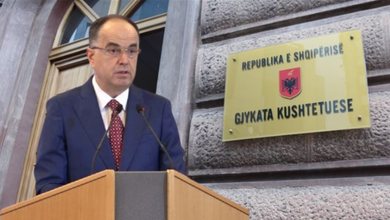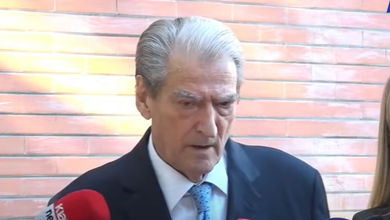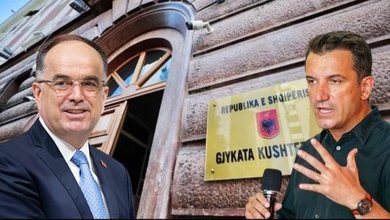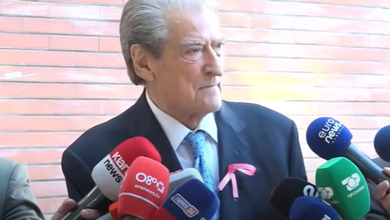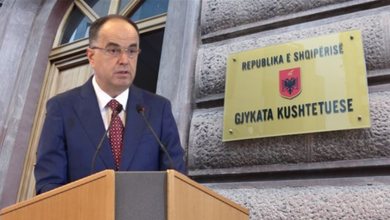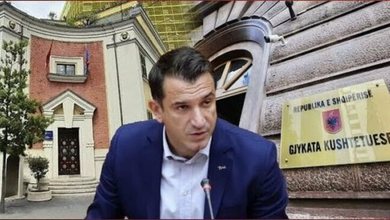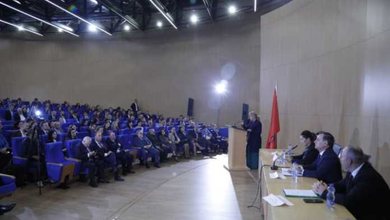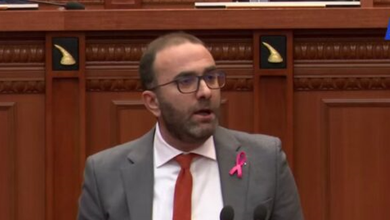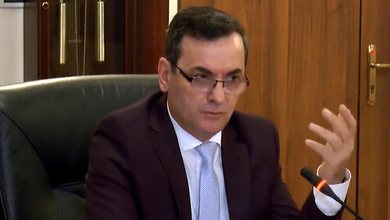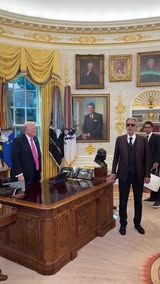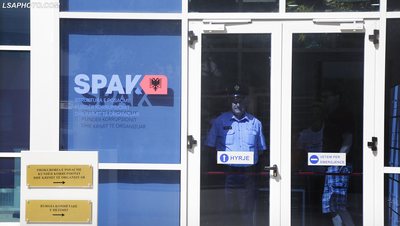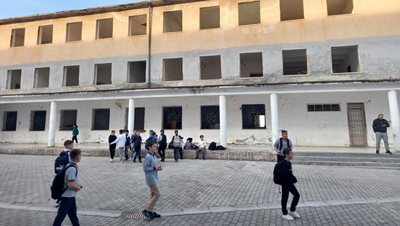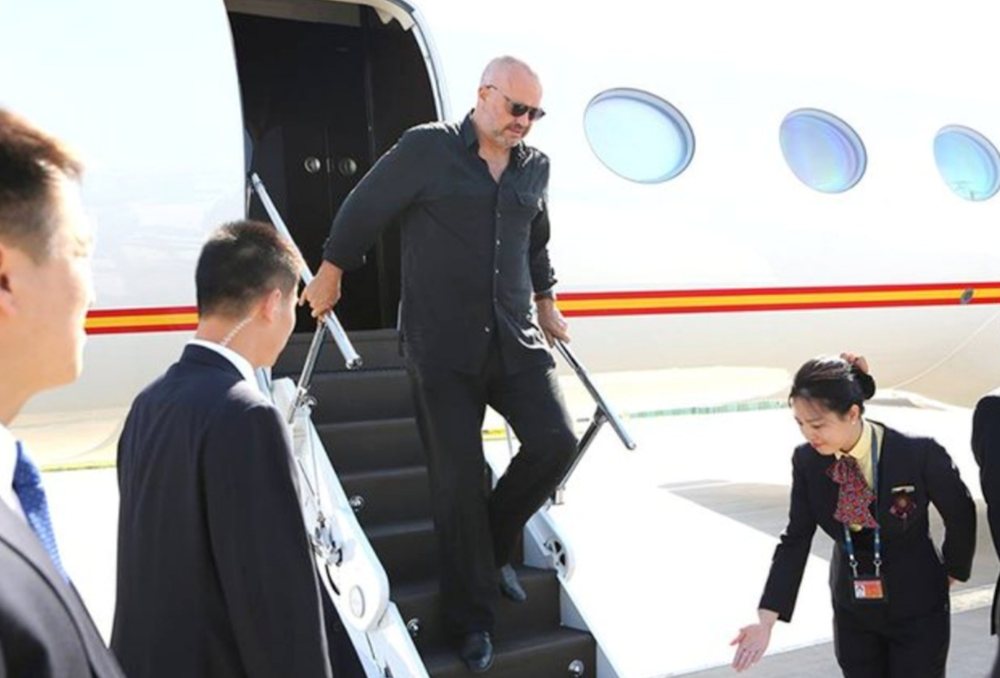
The Council of Ministers decided to hide behind confidentiality agreements the travel expenses of Prime Minister Edi Rama and other senior officials through a decision that, according to experts, undermines the principles of transparency and accountability.
The Council of Ministers decided on Wednesday to hide behind confidentiality agreements the travels of Prime Minister Edi Rama, an issue for which he has often been criticized for a lack of transparency.
Changes to a previous decision regulating the functions of the Directorate of Government Services, DSHQ, require the directorate to negotiate contracts with airlines, hotel chains and travel agencies under confidentiality. The government argues that this is done to protect personal data.
"With each institution that will receive the service according to this letter, the DSHQ signs cooperation and confidentiality agreements, with the aim of preserving mandatory information between the parties, within the framework of the protection of personal data..." - it is stated, among other things, in the government's DCM.
The decision has been met with criticism and is seen as a violation of laws that oblige public bodies to be transparent about the use of public funds.
Blerjana Bino, director of the Center for Science and Innovation for Development (SciDev), told BIRN that the prime minister's travel expenses abroad cannot be considered personal data in the sense of privacy protection.
"They are related to the exercise of public function and the use of public funds, therefore they constitute information of high public interest," said Bino.
Rigels Xhemollari from the "Citizen Center" also criticizes the decision as a double-standard behavior by the government that promises transparency but does not implement it.
"The first problem is related to the model, on the one hand Rama presented us with the Transparent Albania platform as a bridge between the government and the citizen, on the other hand he signs the concealment of his own payments for planes and hotels," said Xhemollari, considering this "a government with double standards and a pronounced lack of security."
According to Xhemollari, "reasons for trade secrets or confidentiality are the most common justifications of those who want to hide information, but the principle is simple, you, as a state official, are using people's money to travel and you have an obligation to make it transparent."
Bino also insists that any information related to the use of public money and the exercise of state duties is public information and should be accessible to citizens and the media, in the name of transparency and accountability.
"For public officials, and especially those in the highest positions, there are even higher accountability requirements and they are subject to greater public scrutiny," emphasized Bino, considering transparency in the use of public money as paramount in any case.
According to Bino, the Commissioner for the Right to Information and Personal Data Protection should express and clarify to the general public which data constitutes a public interest that should be published, and which can be protected for security or privacy reasons.
Referring to European standards, she brings to mind the case of the President of the European Commission who was forced to publish her mobile phone messages after an EU court ruled that the previous refusal to make them public was not reasonable and violated laws on transparency and the public interest.
The Commissioner for the Right to Information and Personal Data Protection did not respond to BIRN's request whether this decision violated transparency obligations.
Prime Minister Edi Rama's charter trips have been part of the political debate for years due to a controversial agreement with Air Albania and unclear costs.
At least since 2020, the Prime Minister's travel expenses abroad are covered by the Directorate of Government Services, which has entered into an agreement with the company 'Air Albania' to lease an 'Airbus A319-100' aircraft. The 'Vip' configuration aircraft can accommodate up to 32 passengers.
According to data previously made public by the Directorate of Government Services, the latter is billed by Air Albania for 25 flight hours per year and the rest "the service recipient benefits from at zero rate."
The Directorate of Government Services also claims to pay approximately 2,450 euros per hour of the prime minister's flight, or six times less than the average market value for a charter flight.
In June, Rama was filmed disembarking from a private jet at The Hague airport on his way to the NATO Summit. The plane was different from the government one Rama has typically used on his official trips in recent years and was a Gulfstream Aerospace G-IVSP with the registration TC-EMR, raising new questions about costs.
The Government Media and Information Agency stated that this trip was also covered by the framework agreement that the Prime Minister's Office has with the private company, Air Albania./ Reporter.al


